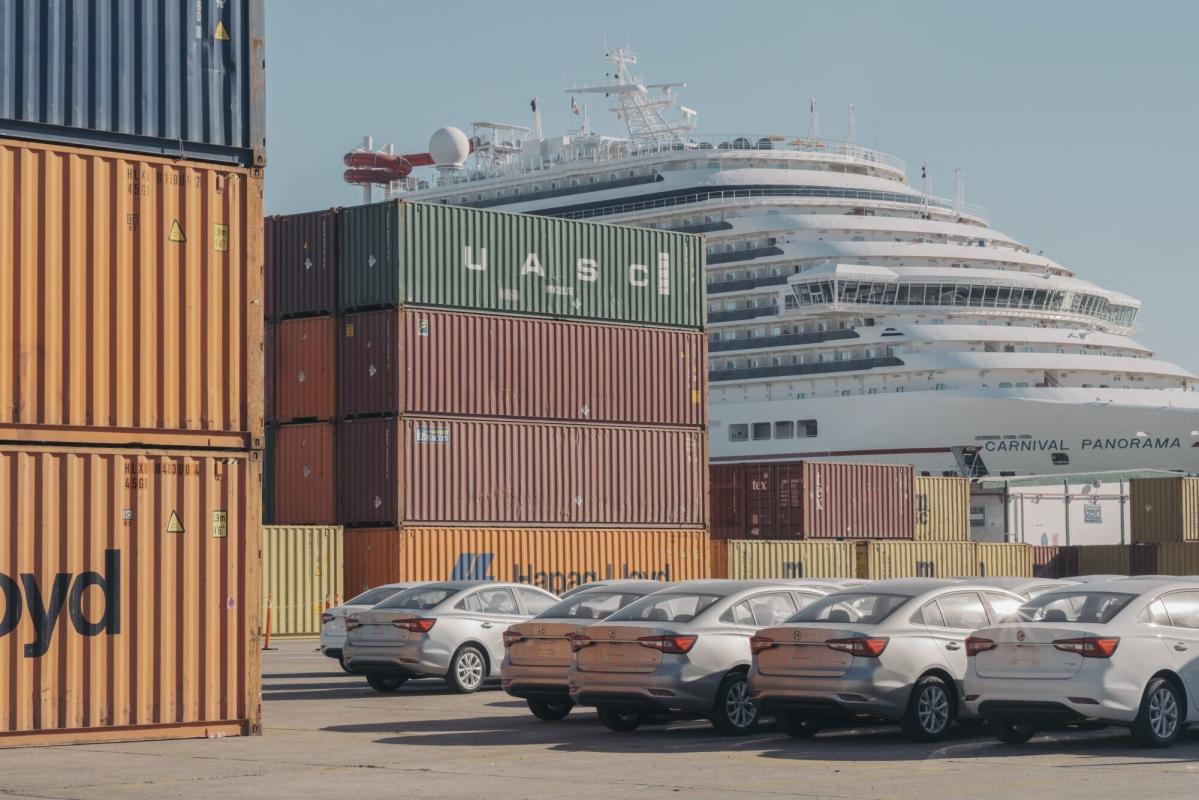Mexico Delays Cruise Ship Tax, Exempts Wheat From Tariffs
Mexico Delays Cruise Ship Tax and Exempts Tariffs

Mexico has announced significant changes to its tax and tariff policies that will impact both tourism and agriculture. The government has decided to delay the implementation of a tax on cruise ship passengers for six months. Additionally, it has exempted certain agricultural products from tariffs for the entirety of 2025. These measures aim to support the tourism sector and manage inflation in the country.
Delay in Cruise Ship Tax to Boost Tourism
In a recent presidential decree, Mexico’s government revealed that it will postpone the application of a tax on cruise ship passengers at its ports. This decision will remain in effect for the first half of 2025. The goal is to enhance tourism and stimulate local economies that rely heavily on visitors arriving by cruise ships. The decree was published in the evening edition of the Official Gazette on December 31.
The cruise industry is vital for many coastal cities in Mexico. By delaying the tax, the government hopes to attract more tourists during the peak travel season. This move is particularly important as the tourism sector continues to recover from the impacts of the COVID-19 pandemic. The government believes that easing the financial burden on cruise passengers will encourage more people to visit, thereby benefiting local businesses and communities.
Tourism plays a crucial role in Mexico’s economy. It generates jobs and supports various sectors, including hospitality, retail, and transportation. By prioritizing tourism through this tax delay, the government aims to create a more favorable environment for travelers, ultimately leading to increased economic activity in port cities.
Tariff Exemptions to Combat Inflation
In a separate decree, the Mexican government announced that several products, including wheat and ammonium sulfate, will be exempt from tariffs throughout 2025. This decision is part of a broader strategy to manage inflation, which has been a growing concern for the country. The bi-weekly inflation rate in Mexico slowed to 4.44% in mid-December, down from 4.54% at the end of November.
The tariff exemptions will apply to a range of products, including wheat, wheat flour, steel, laminated products, caps for jars, fishing nets, buoys, and ropes. By removing tariffs on these essential goods, the government aims to stabilize prices and ensure that consumers have access to affordable products. This is particularly important for staple foods like wheat, which are crucial for many households.
The government’s focus on controlling inflation reflects its commitment to economic stability. By alleviating the financial pressure on consumers and businesses, these measures are expected to foster a more resilient economy. The combination of delaying the cruise ship tax and exempting tariffs demonstrates Mexico’s proactive approach to addressing both tourism and inflation challenges in 2025.
